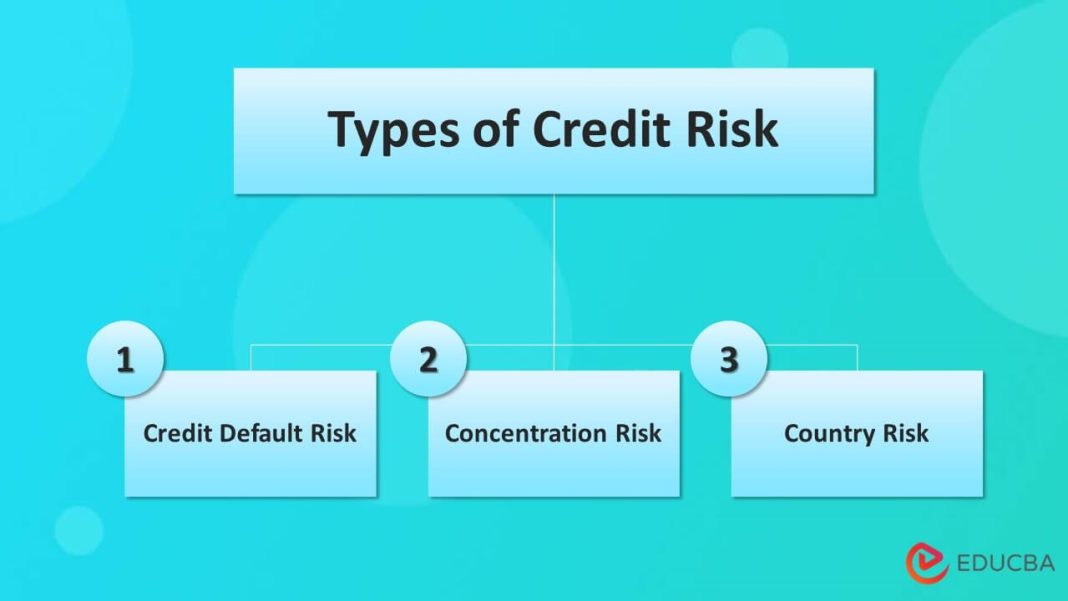In the labyrinthine world of global finance, where markets never sleep and transactions traverse continents in milliseconds, the challenge of navigating financial regulations looms large and complex. As economies become increasingly interconnected, the web of rules and regulations that govern financial activities grows ever more intricate, demanding both vigilance and dexterity from those who dare to engage with it. This article delves into the key challenges faced by financial institutions, multinational corporations, and policymakers as they attempt to chart a course through this dense regulatory jungle. From the shifting sands of compliance requirements to the unpredictable tides of geopolitical influences, we explore the formidable obstacles that stand in the way of seamless global financial operations. Join us as we unravel the complexities and uncover the strategies that can transform these challenges into opportunities for growth and innovation in the ever-evolving financial landscape.
Understanding the Complex Landscape of Global Financial Regulations
The global financial landscape is a tapestry woven with diverse regulations, each crafted to address specific economic, cultural, and political nuances. Navigating this intricate web of rules presents several challenges for businesses and financial institutions. One of the primary hurdles is the lack of uniformity across jurisdictions. Each country, and often regions within countries, may have their own set of regulations, leading to a complex compliance matrix. This fragmentation requires organizations to invest heavily in understanding and adhering to a multitude of legal frameworks, which can be both time-consuming and costly.
Moreover, the ever-evolving nature of financial regulations adds another layer of complexity. As global markets and technologies advance, regulatory bodies continuously update their policies to mitigate emerging risks. This constant state of flux demands that companies remain agile and proactive in their compliance strategies. Additionally, the rise of digital currencies and fintech innovations introduces new regulatory challenges, as traditional frameworks struggle to keep pace with technological advancements. Companies must, therefore, be vigilant and adaptive, ensuring they have robust systems in place to monitor and respond to regulatory changes effectively.
- Fragmented regulations: Different rules in different jurisdictions.
- Continuous updates: Regulations change as markets and technologies evolve.
- Technological advancements: New innovations create fresh regulatory challenges.

Navigating Cross-Border Compliance: Strategies for Success
In the intricate world of global finance, businesses face a labyrinth of regulatory frameworks that can often seem daunting. The challenge lies in understanding and adhering to diverse legal requirements across multiple jurisdictions. Financial institutions must navigate a complex web of rules that vary not only from country to country but often within regions of the same nation. The stakes are high, with potential penalties for non-compliance ranging from hefty fines to severe reputational damage. To succeed, organizations must adopt a proactive approach, leveraging technology and expert insights to stay ahead of evolving regulations.
- Regulatory Divergence: Each country has its own set of financial regulations, which can lead to conflicts and inconsistencies. Companies must invest in robust compliance frameworks to ensure alignment with local laws.
- Data Privacy Concerns: With regulations like GDPR in Europe, businesses must prioritize data protection and ensure that cross-border data transfers comply with international standards.
- Dynamic Legal Landscapes: Regulations are constantly changing, requiring organizations to stay updated and agile in their compliance strategies.
To tackle these challenges, businesses should consider building a global compliance team equipped with local expertise and supported by advanced compliance management systems. This approach not only mitigates risks but also fosters a culture of compliance that is essential for thriving in the global marketplace.
Overcoming Regulatory Divergence: Harmonization and Adaptation
In the intricate landscape of global financial regulations, one of the paramount challenges is the alignment of diverse regulatory frameworks. Harmonization seeks to streamline these differences, enabling smoother cross-border transactions and reducing compliance costs. However, achieving this requires substantial cooperation among international regulatory bodies, which often have varying priorities and legal structures. Financial institutions must stay agile, employing innovative strategies to adapt to these ever-evolving standards.
Adaptation is equally crucial, as businesses must tailor their operations to meet both local and international requirements. This involves:
- Implementing robust compliance systems that can quickly adjust to new regulations.
- Investing in technology that provides real-time monitoring and reporting capabilities.
- Fostering a culture of continuous learning among staff to keep abreast of regulatory changes.
By focusing on these strategies, companies can not only navigate the complexities of regulatory divergence but also leverage them as opportunities for growth and innovation.
Leveraging Technology for Efficient Regulatory Management
In the complex landscape of global financial regulations, technology stands as a pivotal ally for businesses striving to maintain compliance. The use of advanced tools and systems can transform regulatory management from a daunting task into a streamlined process. Artificial Intelligence (AI) and Machine Learning (ML) are particularly influential, offering predictive analytics to foresee regulatory changes and automate compliance checks. This not only reduces the burden on compliance teams but also enhances accuracy and efficiency.
Furthermore, Blockchain technology offers a secure and transparent way to manage transactions and regulatory records, ensuring data integrity and simplifying audits. Companies can also leverage RegTech solutions, which are specifically designed to handle regulatory challenges, providing real-time monitoring and reporting capabilities. These technologies collectively enable organizations to adapt swiftly to new regulations, minimize risks, and focus on strategic growth. By integrating these technological advancements, businesses can effectively navigate the ever-evolving regulatory environment with confidence.
- AI and ML for predictive analytics
- Blockchain for secure transactions
- RegTech solutions for real-time monitoring





